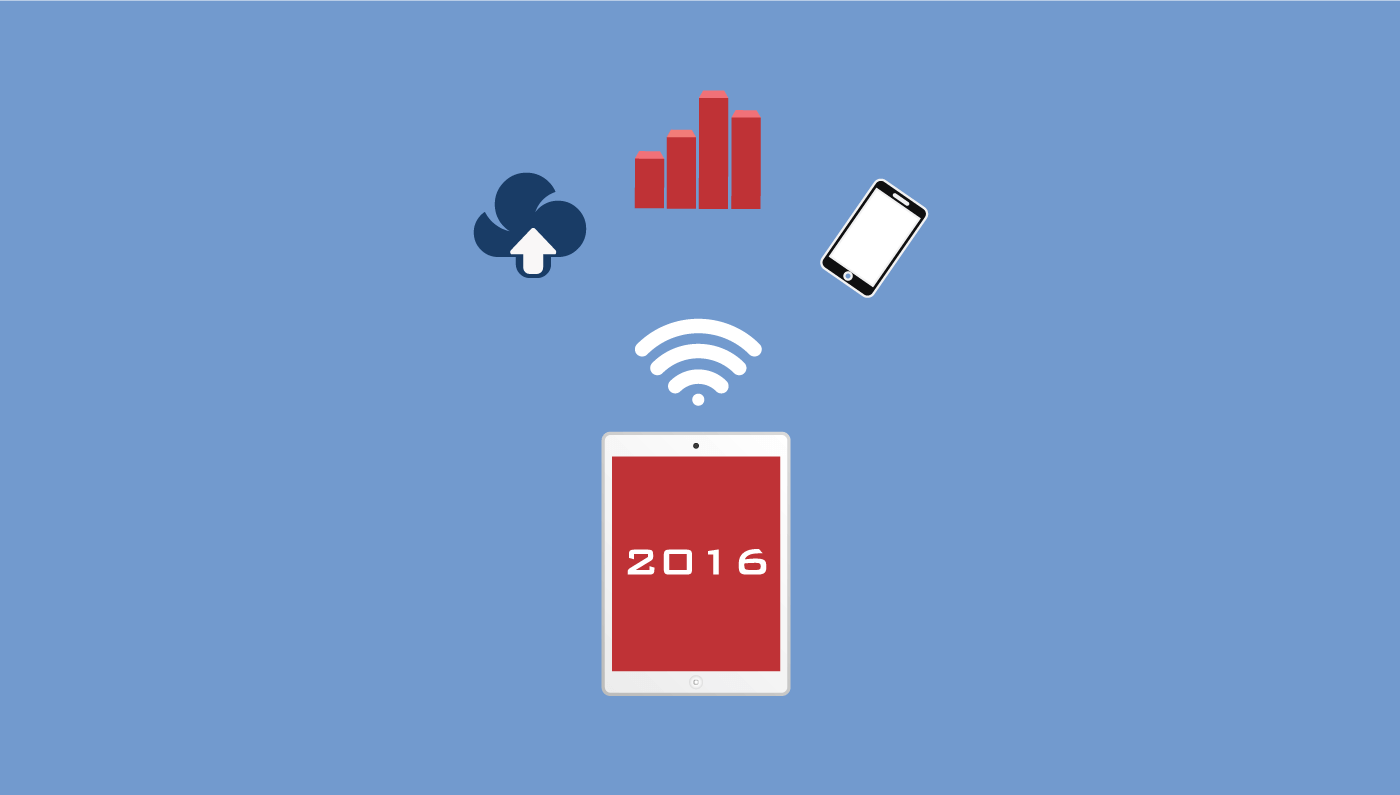Just as it has in nearly all aspects of our personal and professional lives, technology has made a splash in the marketing world, too. Firms increasingly look to so-called “marketing technology” services to automate campaigns, increase conversion rates, and glean valuable data from analytics across platforms. So what will marketing technology look like in the coming year? We scoured the most insightful analyses to find out.
Measuring the Internet of Things: As everything from thermostats to industrial machines are equipped with Internet connectivity, the amount of data available for analysis about the way we use and interact with the “things” around us will grow exponentially, predict industry watchers. Much of this information will be measured in real time, and companies will need to invest in new analytics and tracking systems to keep up, analysts say, such as web portals that allow glimpses at usage patterns inside big, complicated processes, like buildings or other infrastructure. [Read more at Machine Design]
The Customer is Universal: It’s not hard to see companies assembling data from all corners of the web to piece together a more complete picture of their customers. But what happens when a company tries to put everything they know about a customer in one place—and keep it constantly updated? That’s the idea behind the so-called “universal customer profile,” which, with the growth and sophistication of digital analytics, is becoming a burgeoning tool for companies to bring together data from the web, mobile platforms, and real-world interactions all in one place. Personalization of a customer’s experience based on their buying or shopping habits is one strong possibility with these profiles, but that’s just the start. [Read more at Marketing Land]
SEO for Everything: It’s no longer enough for search engine optimization to simply encompass your website, your mobile site, or your related digital properties. Increasingly, SEO needs to take into account the various other ways that we search online, from digital concierges like Siri to Facebook, Twitter, and even mobile apps. It’s going to make optimization trickier on the one hand but much more powerful on the other, analysts say. With every platform searchable, information will become much more accessible—but the stakes of poor optimization will also become much higher. [Read more at Forbes]

